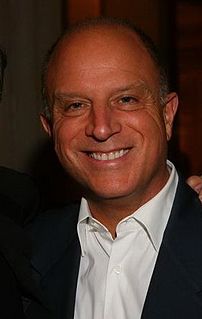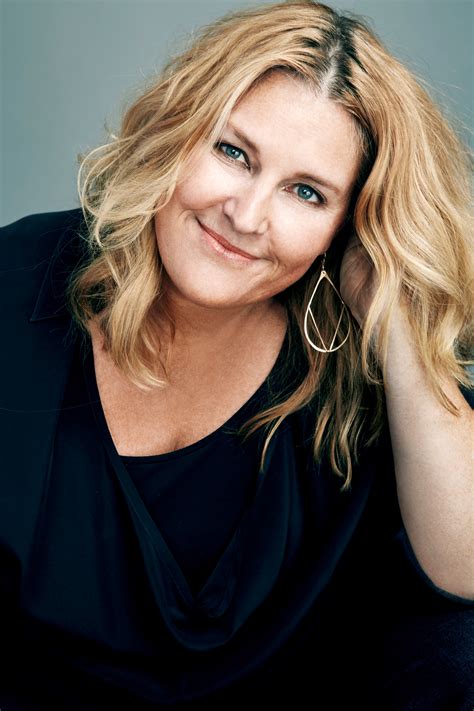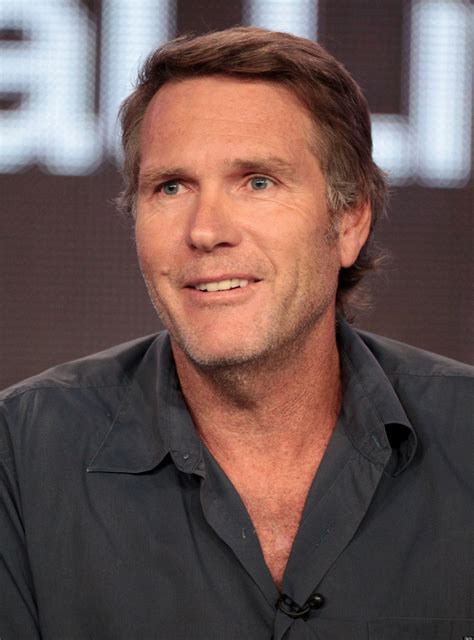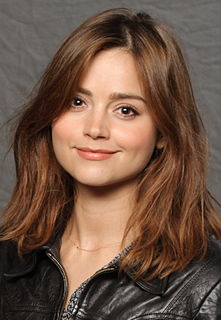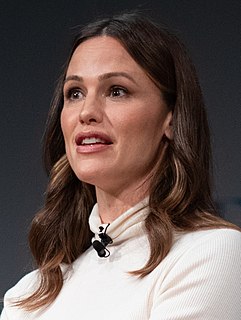A Quote by Bonnie Hammer
The TV mini-series is kind of a lost genre because the networks have given up on it.
Related Quotes
As someone who grew up in Europe, I don't look at TV and automatically think of a primetime network series, created by a staff of writers. I think of 90-minute movies that can break talents out or a three 90-minutes-an-episode mini series that can introduce a fantastic new series like 'The Blechtley Circle.'
It [going from mini-series to series] was never even discussed because it [The Starter Wife] was, you know, an adaptation of a novel. And we - the mini-series encompassed the whole novel. And so it was always going to be a finite sort of event. And then I imagine when people started to really respond to the show and then we got ten Emmy nominations, USA sort of said, "Oh, I think maybe we have something here."
I've been watching more American TV because of all the great TV series that have come out in the last five to 10 years. I'm a 'Sopranos' fan, I'm a 'Wire' fan, I'm a 'Mad Men' fan. I'm a 'Deadwood' fan. It makes me optimistic for the future of storytelling on TV that producers are willing to take that kind of jump.

